Puppies bite and chew – that’s just reality. But aside from the fact that being bitten by razor sharp puppy teeth just plain hurts, hard mouthing and play biting may be completely unacceptable depending on who is handling the puppy. Luckily, with some techniques, consistency, and patience, you can effectively stop the biting for good. In this article, we guide you through how to stop a puppy from biting you and other people.
Now, this is not to say that gentle mouthing as a form of play is totally out of the question. But any hard biting or overly enthusiastic play should be discouraged. Your goal as the owner is to make it so play biting is never initiated by your puppy, and that you are able to stop the biting on command. Let’s dive in to some techniques you can use to achieve this.
How to Stop a Puppy From Biting
While the following methods are effective in how to stop a puppy from biting, perhaps you’d like to hear more about this subject directly from a professional trainer. Amy Jensen, founder of Baxter & Bella – The Online Puppy School, hosts a great podcast called The Puppy Training Podcast where she addresses lots of puppy training techniques. Here’s a great episode on how to stop a puppy from biting.
Step 1) Bite Inhibition
Sharp puppy teeth serve a purpose. They are meant to cause pain to the victim, which provides feedback to the puppy to help him learn to soften his bite.
For example, every now and then an infant puppy might bite his littermate too hard. Puppies love to bite each other when they’re playing, after all. The victim will yelp and usually stop playing after a painful bite. The biter is taken aback by the yelp and also stops playing for a moment.
This is how puppies naturally learn to control the intensity of their bites so no one gets hurt and the game can continue.
Now, before your puppy came home with you, he likely learned some degree of “bite inhibition” during play with his littermates. However, this training must continue with you, the owner. This is to say that if a puppy can learn how to be gentle with other puppies, he can learn the same lesson from you.
As such, the first and most important goal is to help your puppy understand that people have very sensitive skin, so he must be very gentle when using his mouth. The first step in how to stop a puppy from biting is teaching bite inhibition. Bite inhibition refers to a dog’s ability to consciously control the force of his bite.
A dog who doesn’t learn bite inhibition with people is unable to understand the sensitivity of human skin. As a result, he may unknowingly bite too hard. Additionally, it is believed that a dog who has learned bite inhibition with people will be less likely to bite and seriously injure someone when he’s afraid or in pain. This is another reason why it is extremely important to teach bite inhibition.
Bite Inhibition Procedure
Here are some steps to take to properly teach bite inhibition:
- When your puppy is calm, begin playing with him and let him put your hand in his mouth.
- Praise him when he bites softly or gently.
- Whenever your puppy bites too hard, yelp a loud, high-pitched “Ouch!” immediately. Make it seem like you’re hurt and let your hand go limp. The yelp should startle your puppy and cause him to stop biting you.
- If he doesn’t pull away, stop playing with him.
- Praise your puppy for stopping or for licking you.
- Resume playing.
- If your puppy bites you hard again, yelp again.
- Repeat these steps no more than three times within a 15-minute period.
It’s important to teach him that gentle play continues, but painful play stops.
If you find that yelping doesn’t seem to work, you can try time-outs. Time-outs are often very effective in helping him understand gentle play, and thus very effective in how to stop a puppy from biting.
Time-Out Procedure
- When your puppy bites too hard, yelp loudly.
- When he startles and releases the bite, remove your hand.
- Ignore him for 10 to 20 seconds. Or, if he starts biting you again, get up and walk away for 10 to 20 seconds.
- After this short time-out, encourage your puppy to play with you again.
- Play with your puppy until he bites hard again. When he does, repeat the procedure above.
Alternatively: No Yelp Procedure
Puppies put everything into their mouths the way that young babies do. But many professional dog trainers say that the worst thing you can do is to draw attention to this instinctive behavior by reacting to it in any way whatsoever.
The way I teach bite inhibition is to instruct puppy owners to withdraw attention when the puppy bites too hard. This removes reinforcement which in effect “punishes” the puppy for hard biting. Effective punishment, by definition, inhibits the behavior that is punished.
-Cindy Ludwig, Certified Professional Dog Trainer (Source)
Ludwig goes on to say that there is “no need to yelp. Yelping to imitate littermates may actually stimulate some puppies and is not recommended by veterinary behavior experts.”
Effectively, this means that you can follow the above Time-Out Procedure, but without the yelping.
Step 2) Redirect
Simultaneously, you’ll want to teach him that his teeth don’t belong on human skin. You can do this in the following ways:
- When your puppy tries to bite you, redirect his attention to a toy, bone, or chew toy.
- If petting your puppy triggers him to bite, distract him from biting by giving him treats from your other hand. This will help your puppy get used to being touched without biting.
- Encourage play in the form of games such as fetch and tug-of-war, instead of wrestling and rough play with your hands. Once your puppy understands these games, keep a tug rope or similar toy with you. If he starts to bite you, you can immediately substitute your hand with the toy. Over time, your puppy will start seeking toys when he feels like biting.
Recommended Puppy Tug Toys and Chews
Antlers, bully sticks, and rawhides are not recommended for young puppies as they can cause choking. Antlers in particular are also quite hard and can cause tooth damage, and can split into sharp shards and cause serious issues.
Here are some safe highly-rated tug and chew toys we recommend for puppies:
Best Chews for Puppies
Another great option is to give your puppy a frozen wet rag, frozen carrots, or frozen bananas. The cold helps tremendously with teething pain, which is typically the cause of puppy biting and chewing.
How Do I Stop My Puppy Biting My Feet?
If your puppy bites at your feet and ankles, the same Redirect procedure applies.
- Carry his favorite tug toy with you at all times.
- Whenever he starts going for your feet, immediately stop walking or moving your feet.
- Redirect his attention to the toy you’ve been carrying around. If you don’t have the toy, simply stop moving and wait for your puppy to stop biting you. Once he stops, immediately praise him and get a toy to reward him.
- When he grabs the toy, you can start moving again.
- Repeat these steps until your puppy becomes used to your movements, and until he stops going for your feet or ankles.
Step 3) Teaching the “Off” Command
The purpose of the “off” command is to get your puppy to stop biting on command.
Here are some steps to take to properly teach the “off” command:
- Present a yummy treat to get your pup’s attention.
- Say “OK” in a happy tone and give him the treat.
- Present another treat and say “off” in a firm tone of voice – but don’t yell.
- If your puppy doesn’t make contact with your hand or the food for two seconds, say “OK” and give him the treat.
- If your puppy touches your hand before two seconds pass and before you say “OK”, immediately yell “off!”. Lean toward him, make eye contact, and be dramatic. Say it loud enough to make him back away, but try not to frighten him.
- Repeat these steps, gradually increasing the time your puppy has to wait for his treat.
Once he learns to back away from food by voice command, add in a hand gesture so he can begin to associate that with the command. Eventually, you will want to practice using only the hand gesture.
You will also want to eventually repeat the exercise when your puppy is in a more excited mood.
Work toward the goal of your puppy not taking food or touching your hand. Practice this exercise with your puppy every day to achieve this goal.
Advanced Methods on How to Stop a Puppy From Biting
So your puppy is doing great with bite inhibition and can stop biting on command. But let’s say you want him to stop biting you altogether, no matter how gently he does it. Here are some methods to get him to that goal.
Further Your Bite Inhibition Training
When your puppy isn’t biting super hard anymore, you can use the same bite inhibition procedure to require your puppy to be even gentler. But instead of yelping at just the hard bites, yelp and stop playing in response to moderately hard bites.
Eventually, the moderately hard bites will stop, and then you can repeat the procedure for his next-hardest bites, and so on. Keep repeating this procedure until your puppy can play with your hands very gently, and can consciously control his bite force so that you feel little to no pressure.
Further Your Time-Out Training
Instead of giving your puppy time-outs for hard biting, start giving him time-outs every time his teeth touch you.
- Right when you feel your puppy’s teeth touch you, yelp.
- Immediately walk away and ignore him for 30 to 60 seconds.
- If he follows you or continues to bite you, leave the room for 30 to 60 seconds.
- After the time-out, return to the room calmly and resume playing with your puppy.
Dog Anti-Chew Spray
If bite inhibition training or time-outs don’t seem to be working, consider using a dog anti-chew spray. These are safe deterrents that don’t taste very pleasant to dogs.
- Before interacting with your puppy, spray the anti-chew spray on areas of your body that he likes to bite. You may spray it on clothing, as well.
- If he starts mouthing or biting you, stop moving and wait for him to react to the bad taste of the spray.
- Praise him when he releases his mouth from you.
- Apply the anti-chew spray to your body consistently for at least two weeks. He should quickly learn to stop biting you altogether after suffering the bitter taste every time he mouths you.
Recommended Dog Anti-Chew Spray
Here’s are some highly-rated dog anti-chew sprays we recommend:
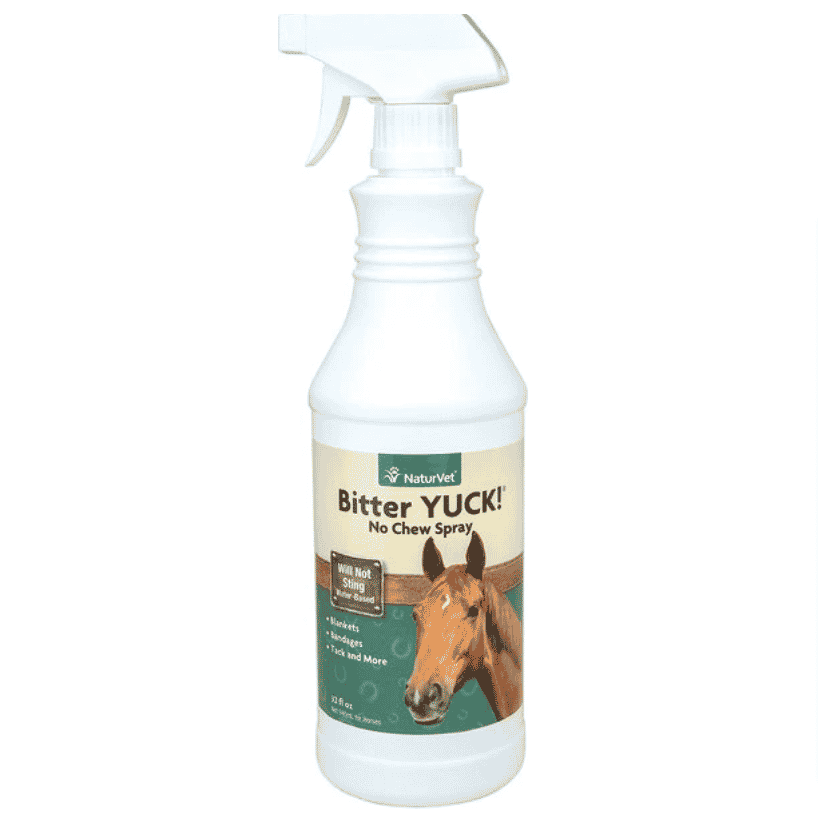
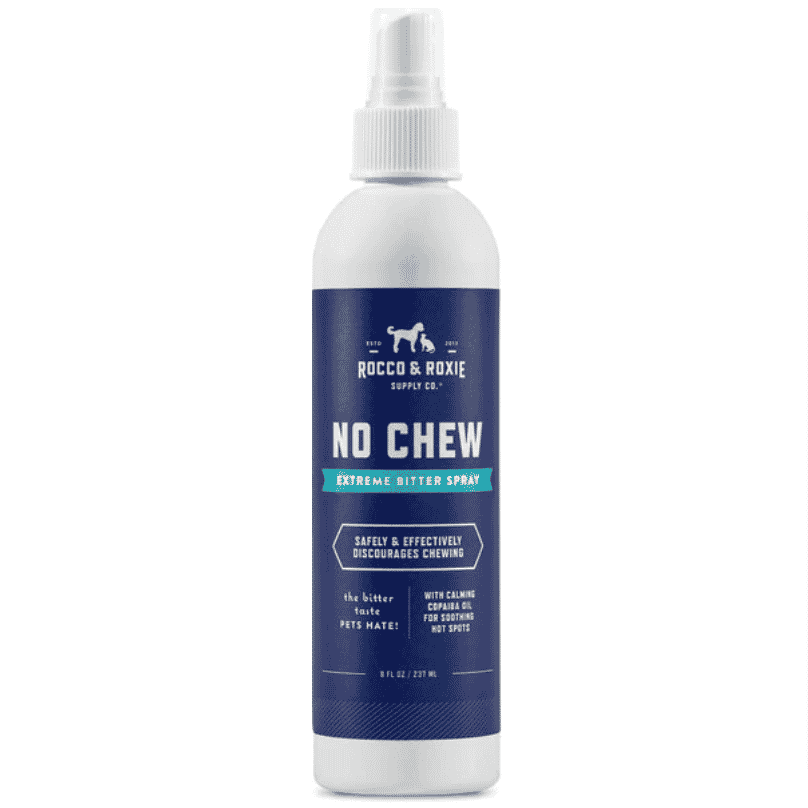
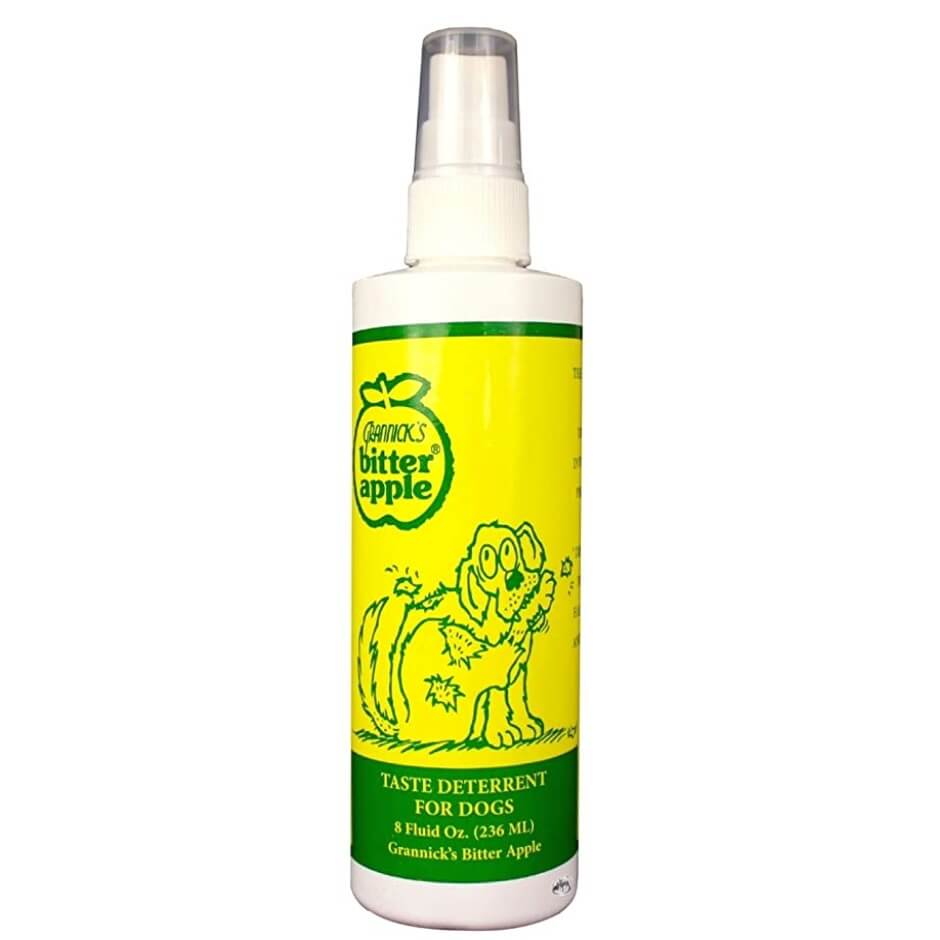
11 Tips to Keep in Mind
-
Tip #1:
Don’t discourage your puppy from playing with you in general. Play builds a strong bond between a dog and his humans. The goal is to teach your puppy to play gently rather than not at all.
-
Tip #2:
Frequently provide your puppy with plenty of new and interesting toys. These will allow him to focus on those instead of focusing on his urge to bite you.
-
Tip #3:
Likewise, make sure your puppy has plenty of opportunities to play and socialize with other puppies and dogs. Not only is this is important for your puppy’s social development, but it also helps him to expend his energy. As a result, he’ll feel less motivated to bite and play rough with you.
-
Tip #4:
Always reward the desirable behavior.
-
Tip #5:
Half-heartedness and inconsistency with the training will create a confused puppy who won’t understand or display the desired behavior.
-
Tip #6:
Avoid games like tug-of-war if your puppy becomes too excited, aggressive, or out of control. These types of games should only be allowed when you have initiated them, and when you can quickly stop the game on command.
-
Tip #7:
Avoid jerking your hands or feet away from your puppy when he bites. This will entice him to lunge and bite at you even more. That said, it’s more effective to let your hands or feet go limp so they lose their appeal.
-
Tip #8:
If your puppy is constantly using biting as a demand for attention, or if he is becoming overly enthusiastic while he plays, then he is probably not getting enough stimulation. Consider giving him extra time to play, train, and exercise. Also give him more outlets for chewing. These will increase his stimulation and lessen his desire to bite for attention.
-
Tip #9:
If your puppy continues to be uncontrolled with the above bite inhibition techniques, a leash and gentle leader/head halter can be put on him when he is with people. Biting can be immediately stopped with a quick, gentle tug on the leash, with tension being released as soon as he settles down.
-
Tip #10:
Hitting puppies for playful biting can have an opposite affect and can cause them to play and bite more aggressively. Physical punishment can also make your puppy afraid of you, and it can cause real, serious aggression.
-
Tip #11:
Be patient and understanding. Playful biting is normal behavior for puppies.
What Age Does a Puppy Stop Biting?
By the time puppies are around eight months old, they should have all of their adult teeth. At this time, teething should stop, although some dogs will continue to chew and bite until they are one year old.
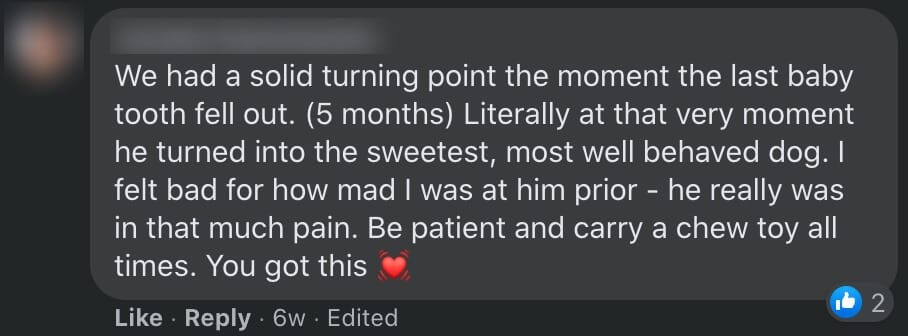
Now, in regards to following the No Yelp Procedure:
If you avoid drawing attention to this behavior during baby puppyhood (up to 16–18 weeks of age), it will naturally stop on its own, the way a baby human stops putting things into its mouth without any need for “correction” or “training.” It’s a phase; phases end when they naturally end, unless you turn them into habits by focusing the pup’s attention on them. If you draw attention to it, the puppy becomes aware of it and it becomes a habit and a technique the puppy can use to get your attention – because even negative attention is better than none at all.
-Dixie Tenny, KPA-CTP (Source)
When to Seek Professional Help
According to ASPCA:
“A trained professional can help you determine whether or not your puppy’s mouthing is normal, and she or he can guide you through an effective treatment plan. If you suspect that your puppy’s biting fits the description of aggressive or fearful behavior, please seek consultation with a qualified professional, such as a Certified Applied Animal Behaviorist (CAAB or ACAAB) or a Diplomate of the American College of Veterinary Behavior (Dip ACVB). If you can’t find a behaviorist in your area, you can seek help from a Certified Professional Dog Trainer (CPDT)—but be sure to determine whether she or he has professional training and experience in successfully treating fear and aggression problems, as this expertise isn’t required for CPDT certification. Please see our article, Finding Professional Behavior Help, to locate one of these professionals in your area.”
Learn How to Care for Your Doodle Puppy!
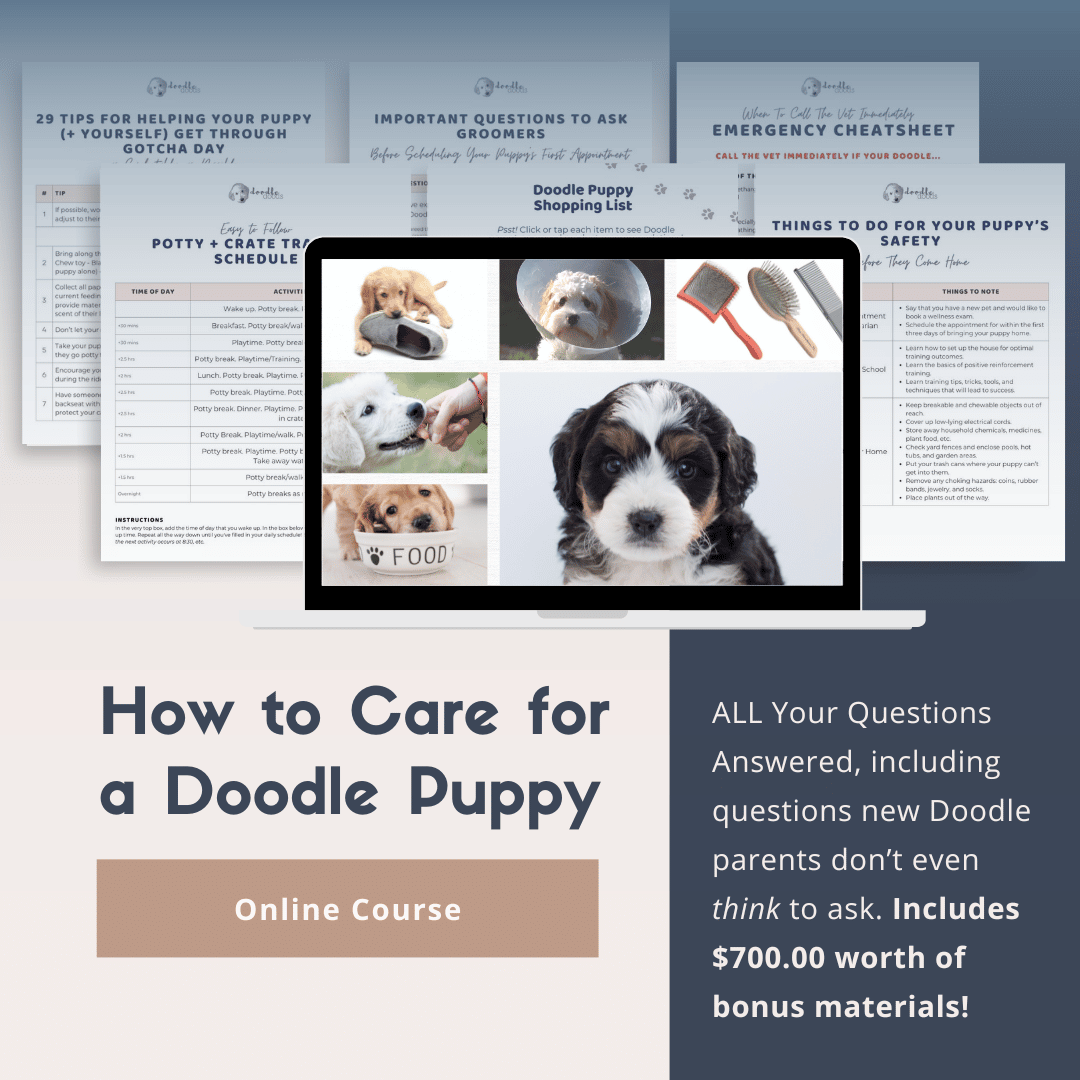
Perfect for first-time Doodle parents, get ALL your questions answered, including questions new Doodle parents don’t even think to ask.
Plus, get $700 worth of Bonus Materials for FREE, including:- Doodle Parenthood Community and Support Group ($190 value)
- Doodle Puppy Growth Tracker ($20 value)
- EMERGENCY Cheatsheet: When To Call The Vet Immediately ($50 value)
- HELP! Button ($145 value)
- And SO MUCH MORE!

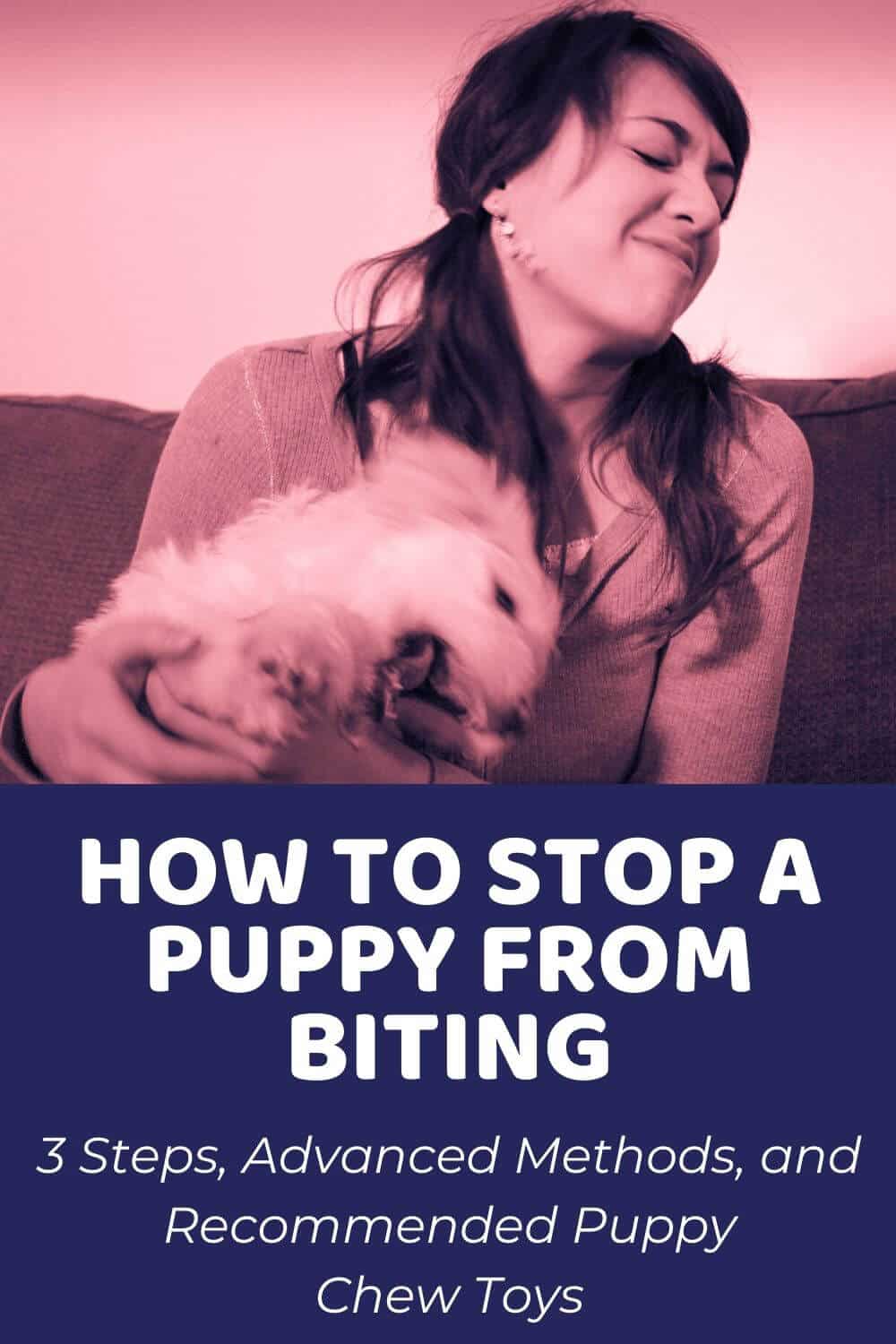
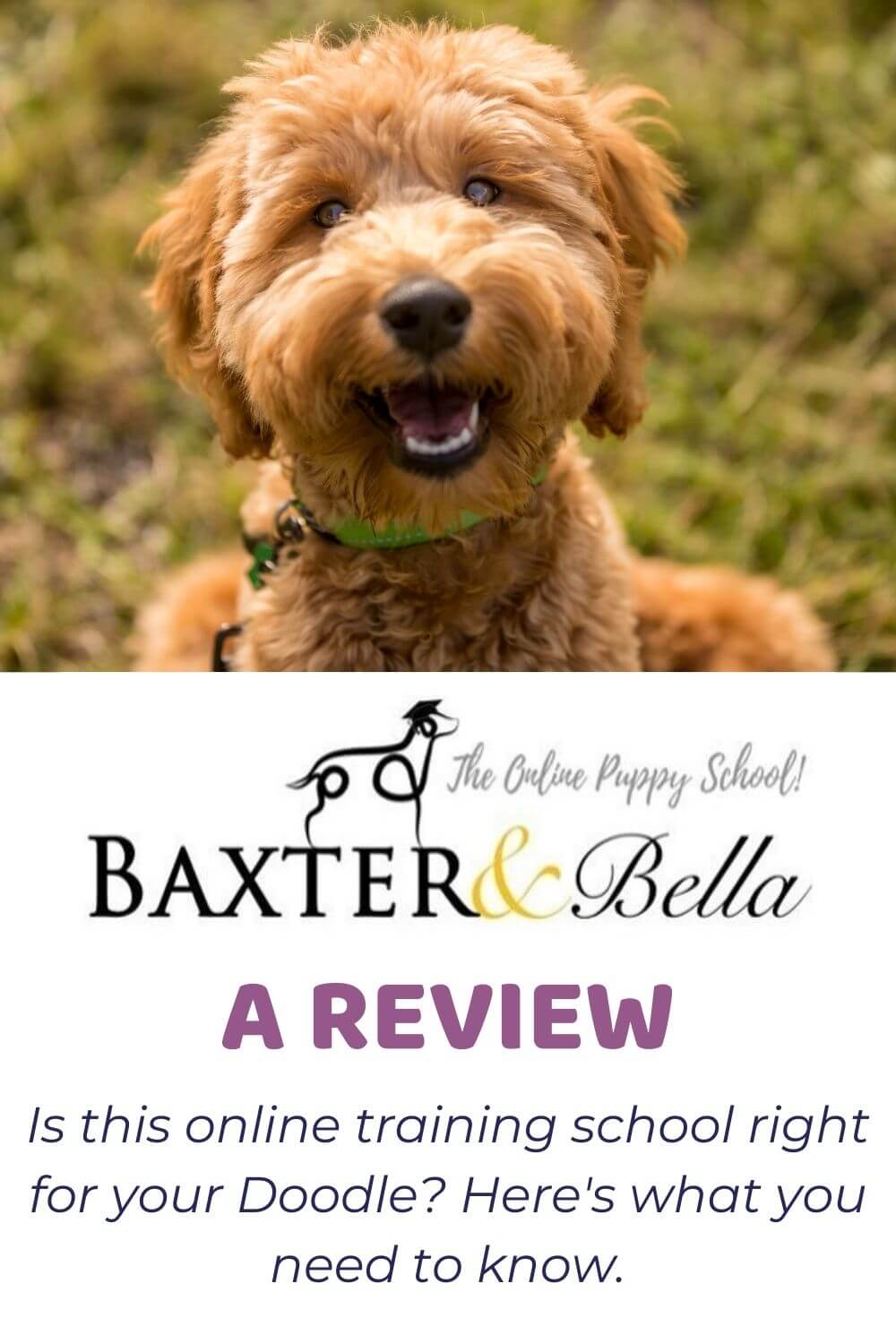
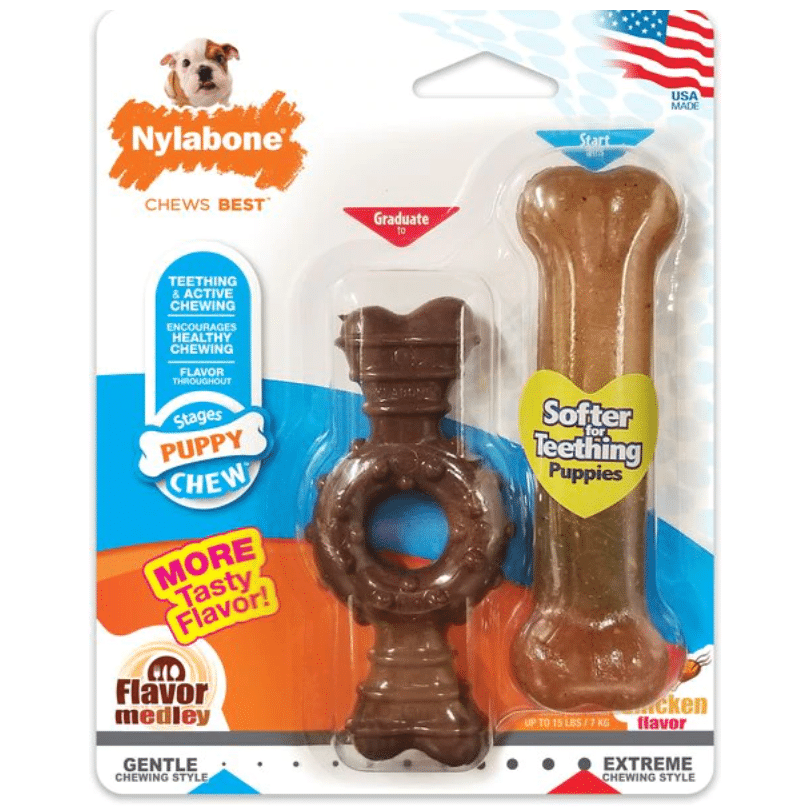
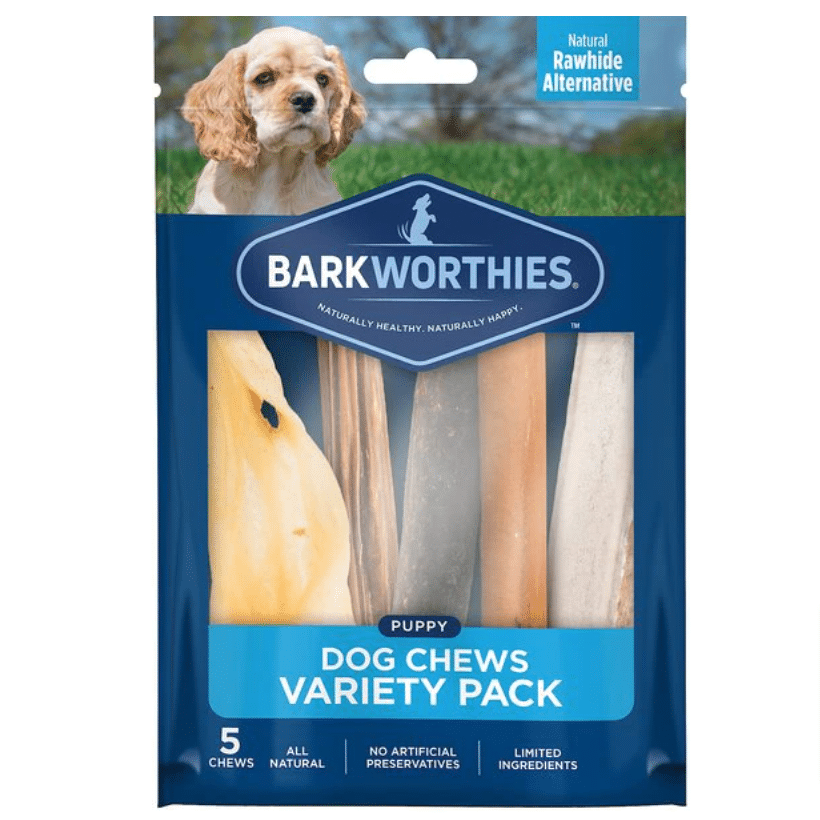
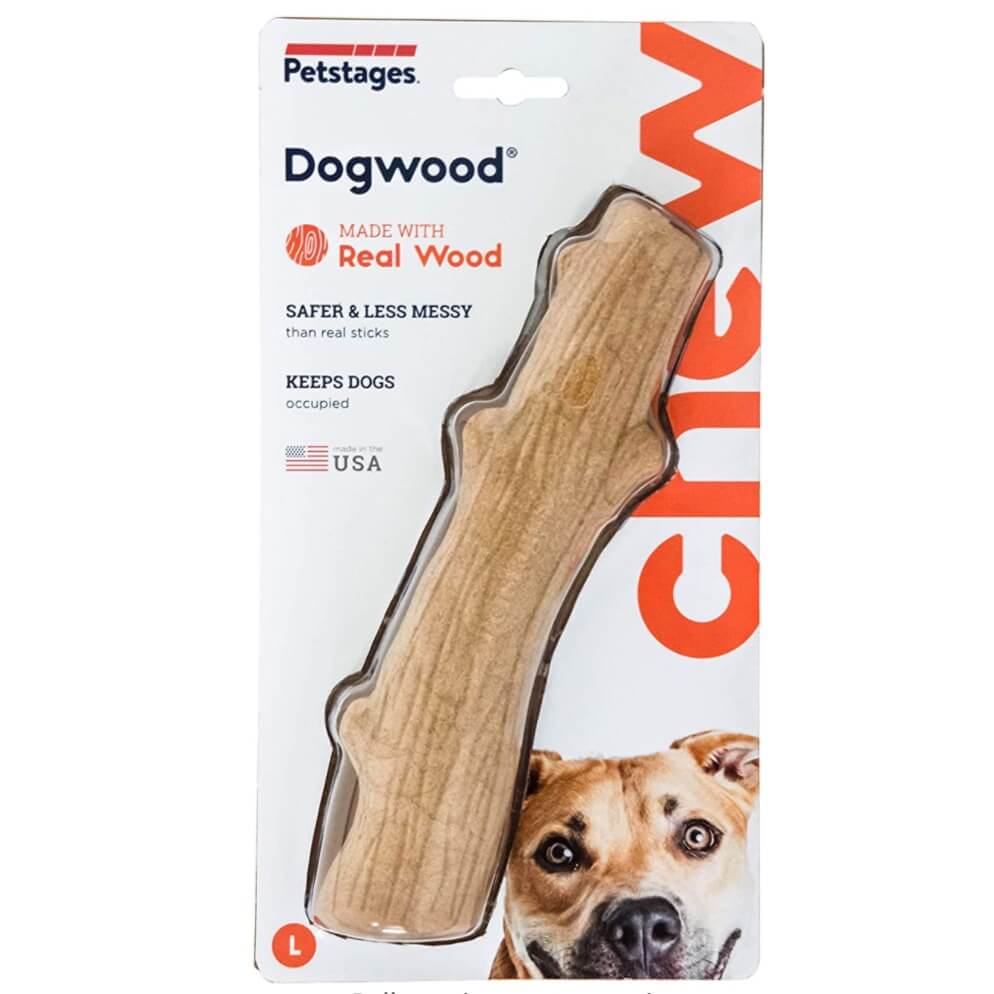
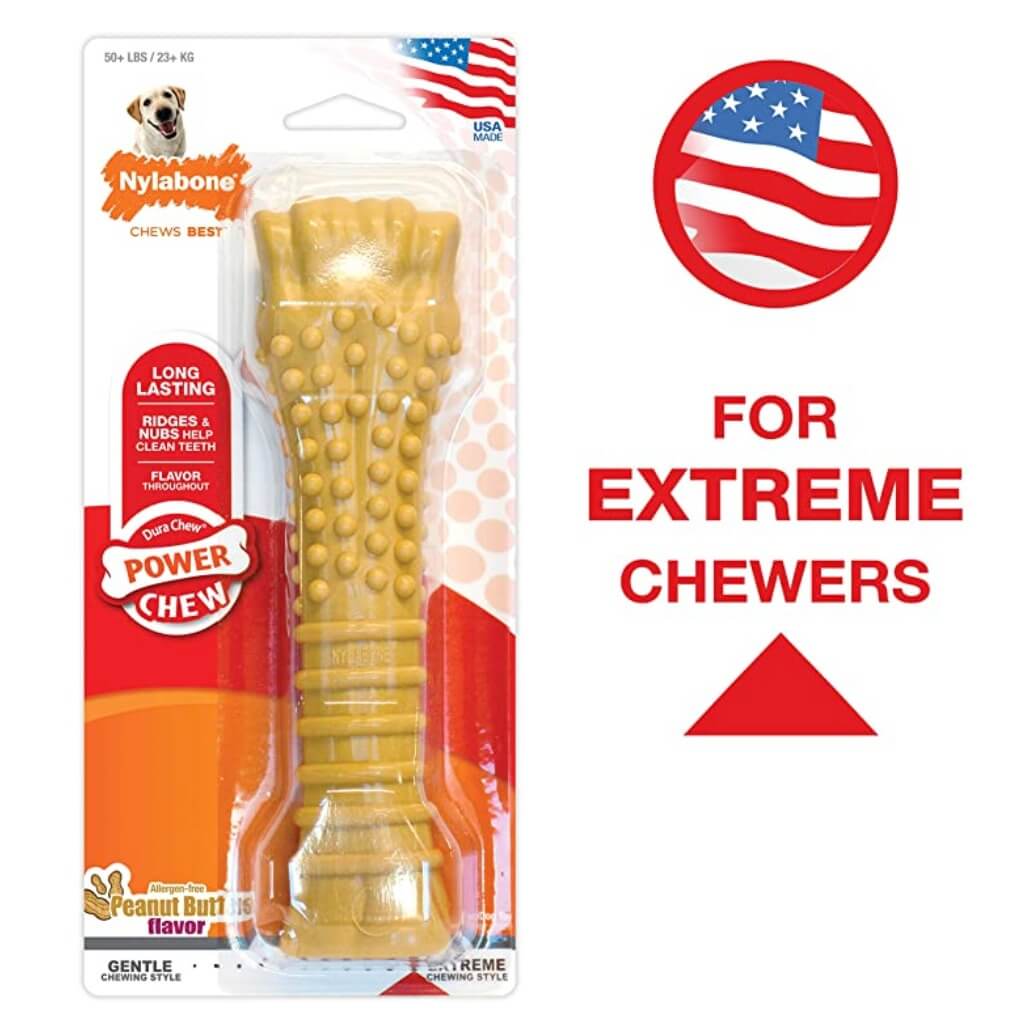
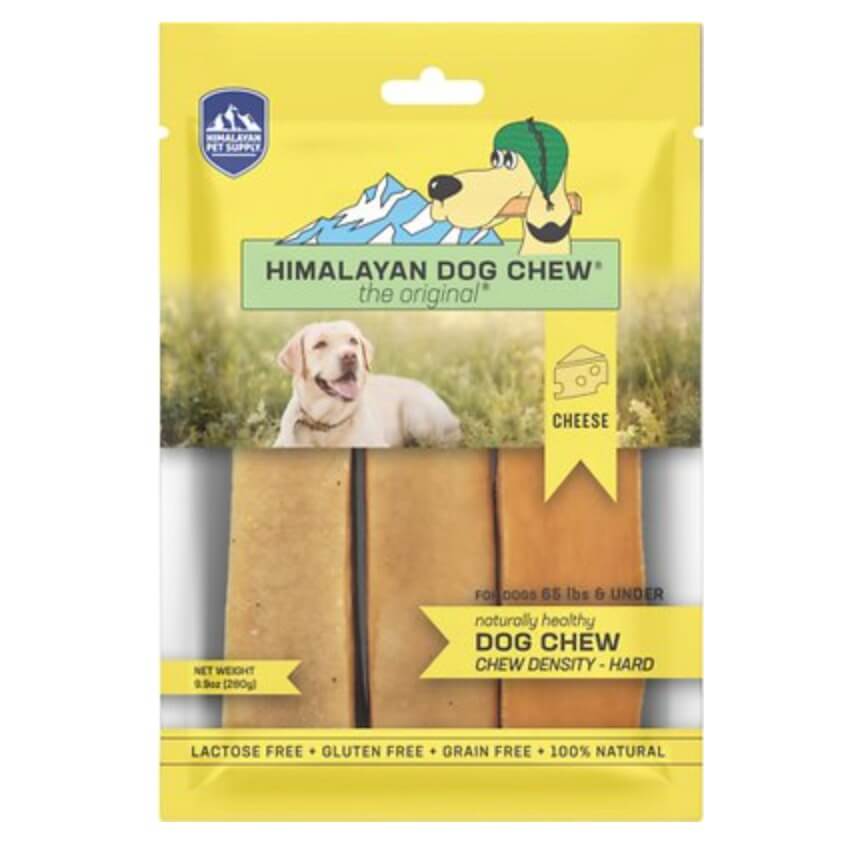
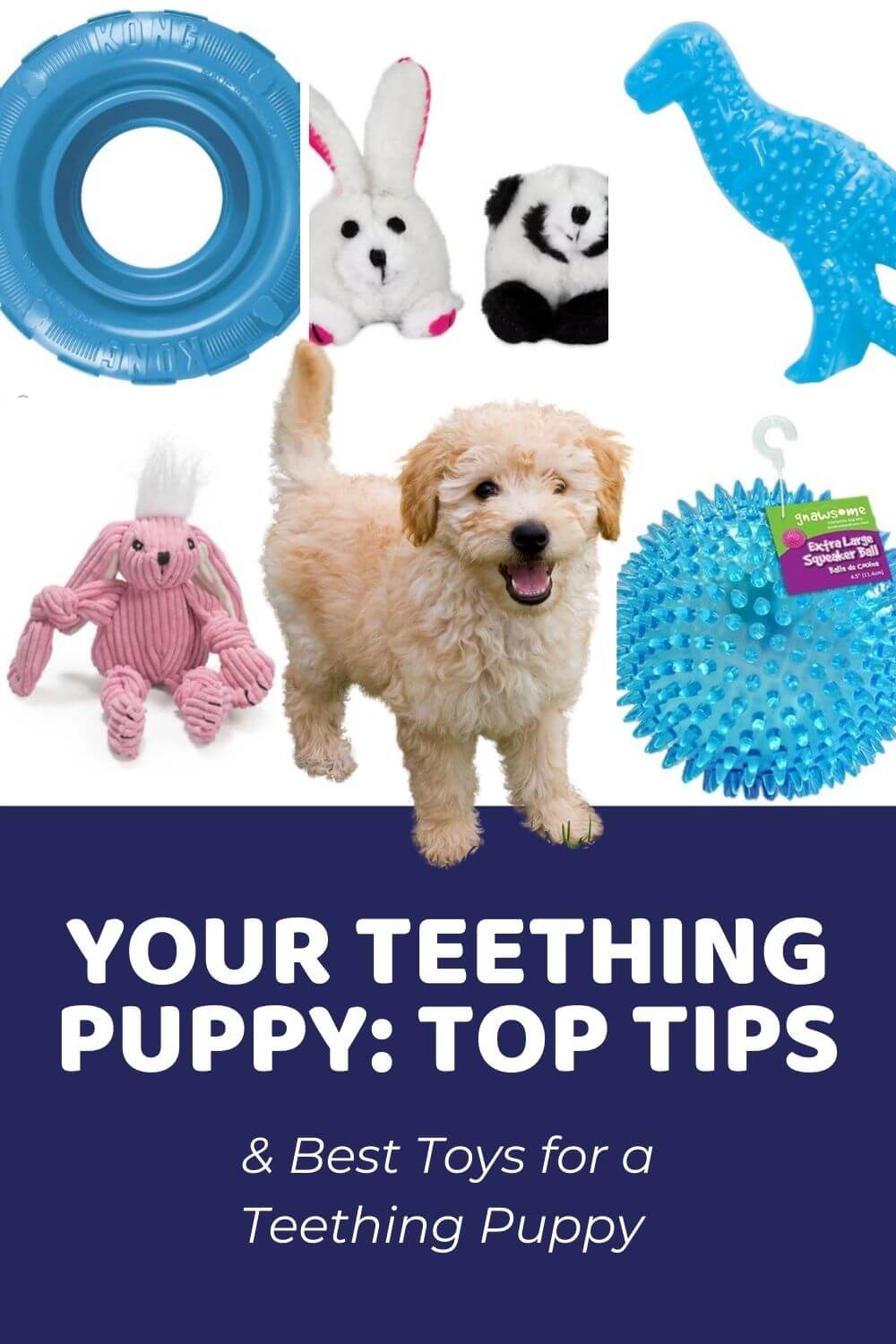
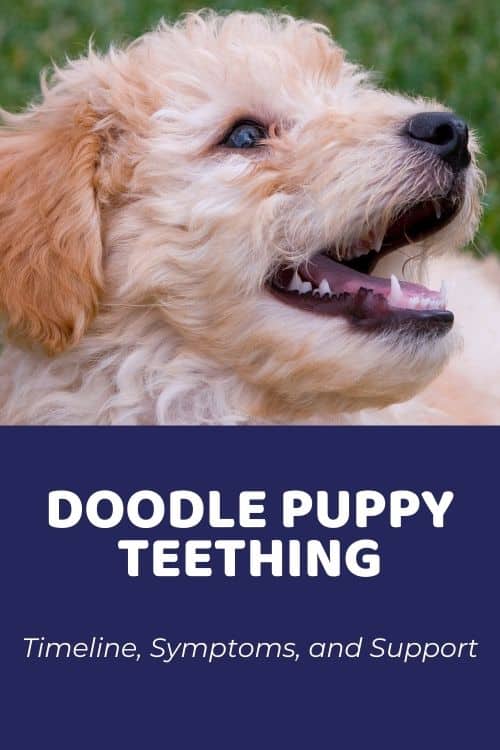
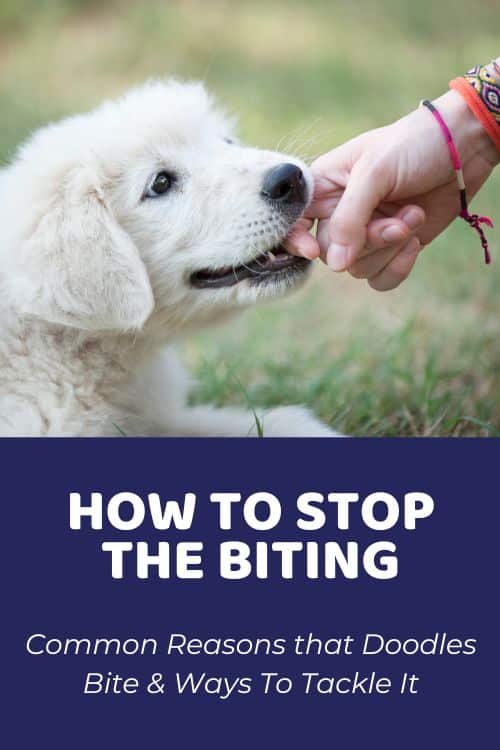
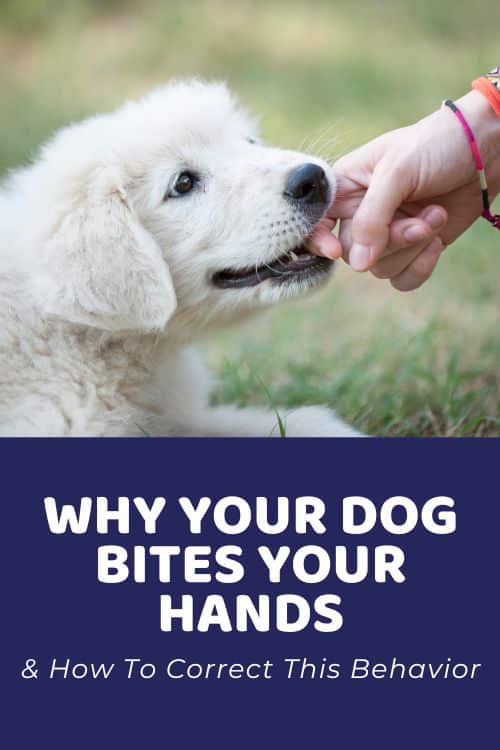
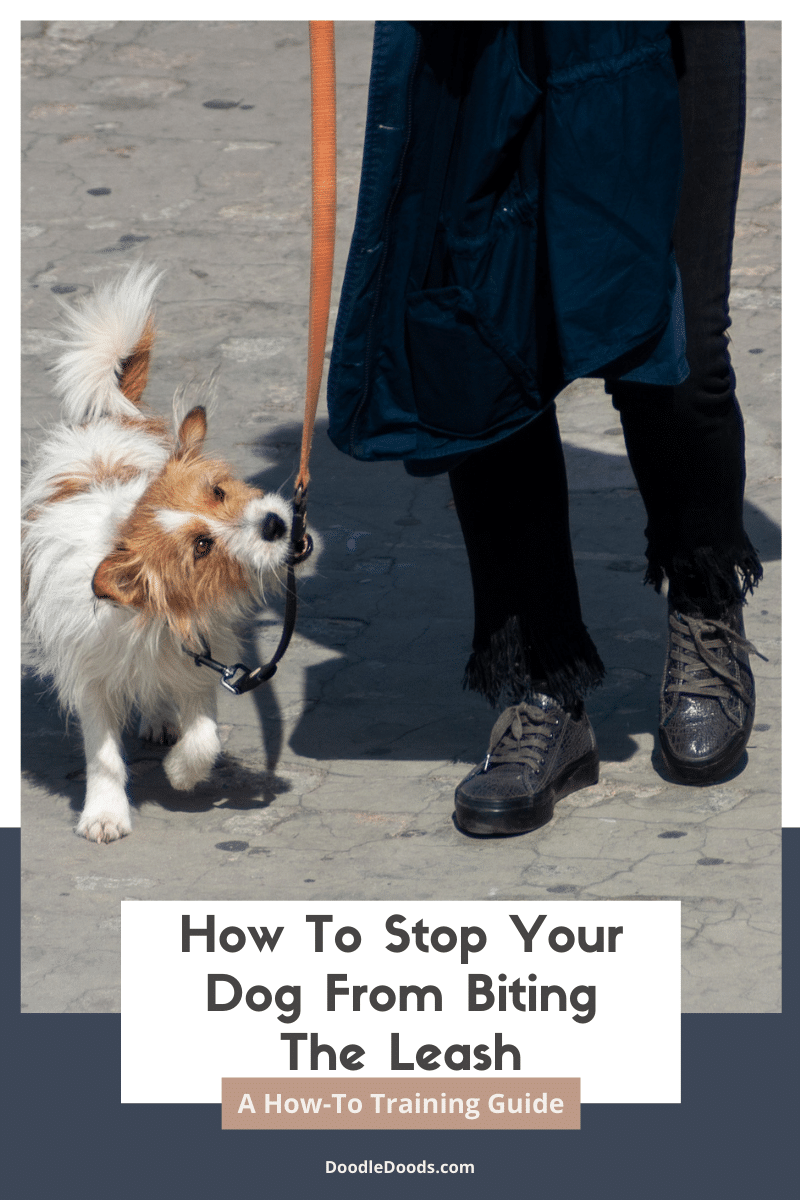
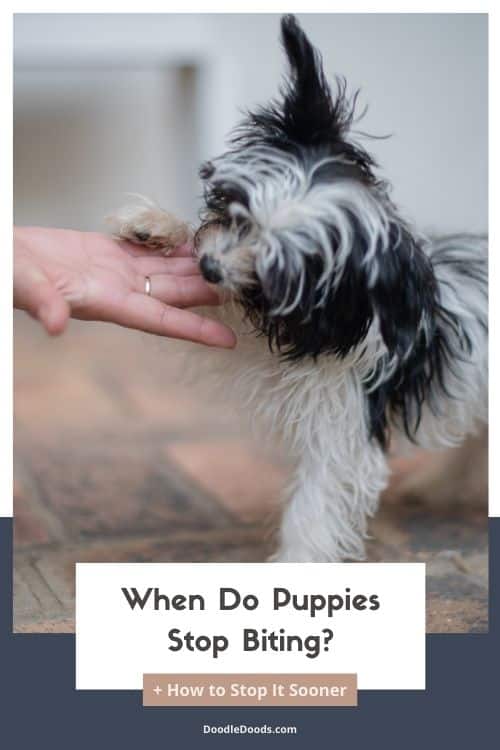
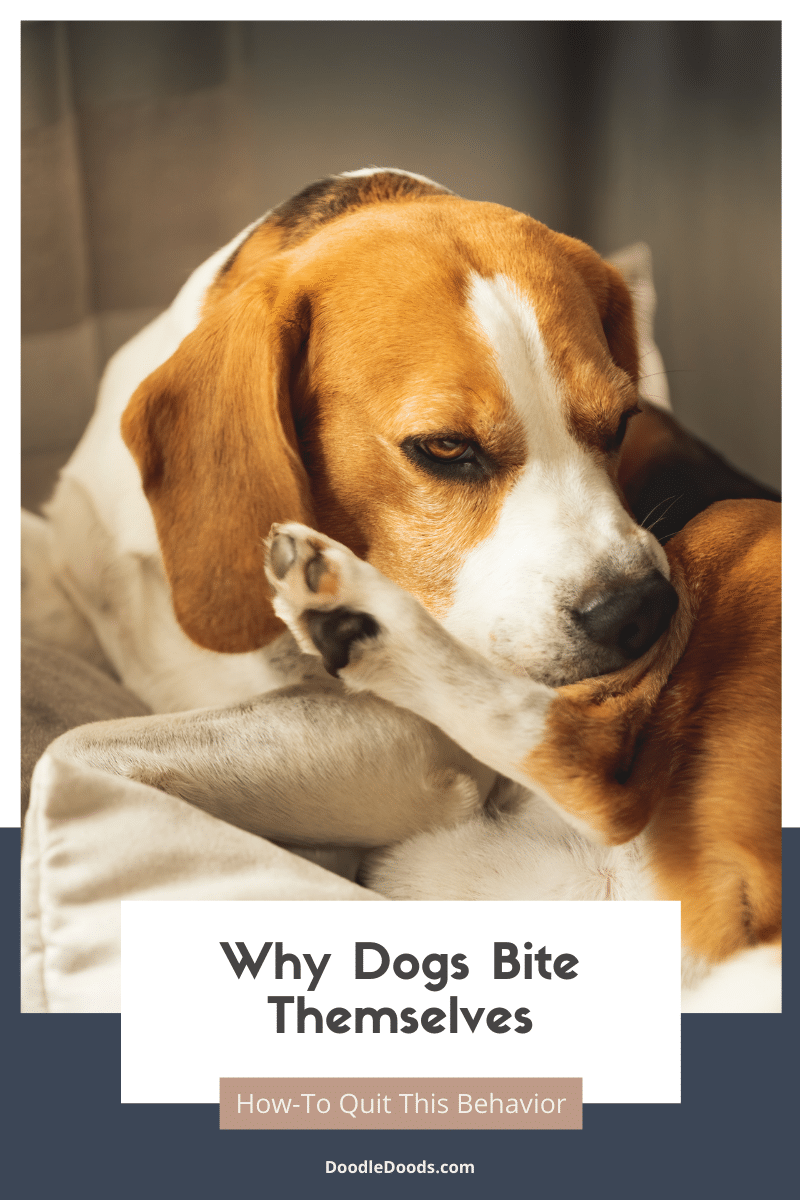
My puppy is a malti-poo and was a year old on 09/02/23, he has a very strong temper and bites at the drop of a hat! His temper is so bad that the groomers are charging me more for his aggressive behavior! He is easily provoked and I don’t know what else to do to prevent him from biting. I have tried everything suggested on how to prevent him to no avail. He is very hot tempered. Any suggestions on what else I can do to stop him? The closest professional is too far away and way to expensive for me. Please help in any possible way!!!!’
January 18, 2024 at 9:23 am